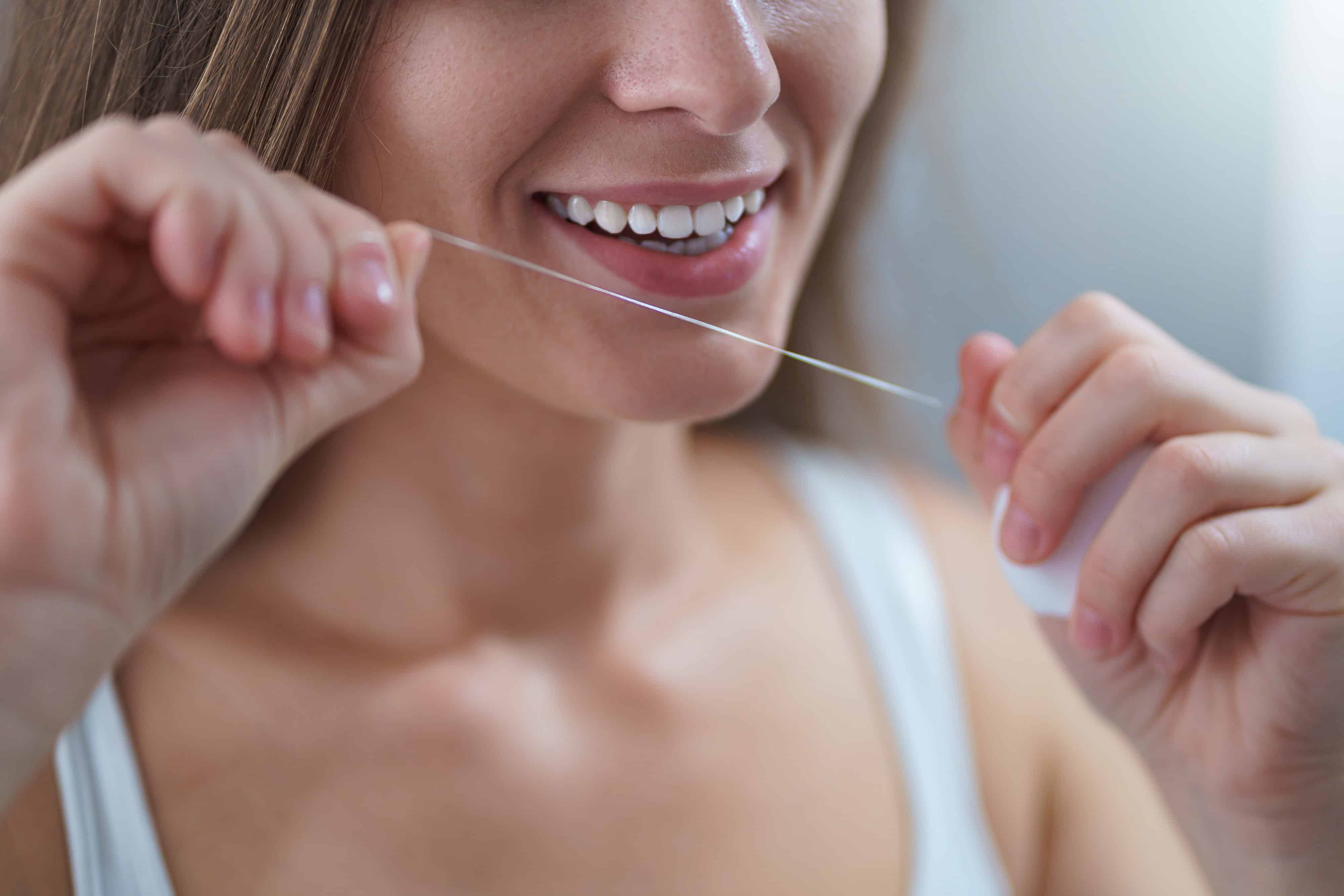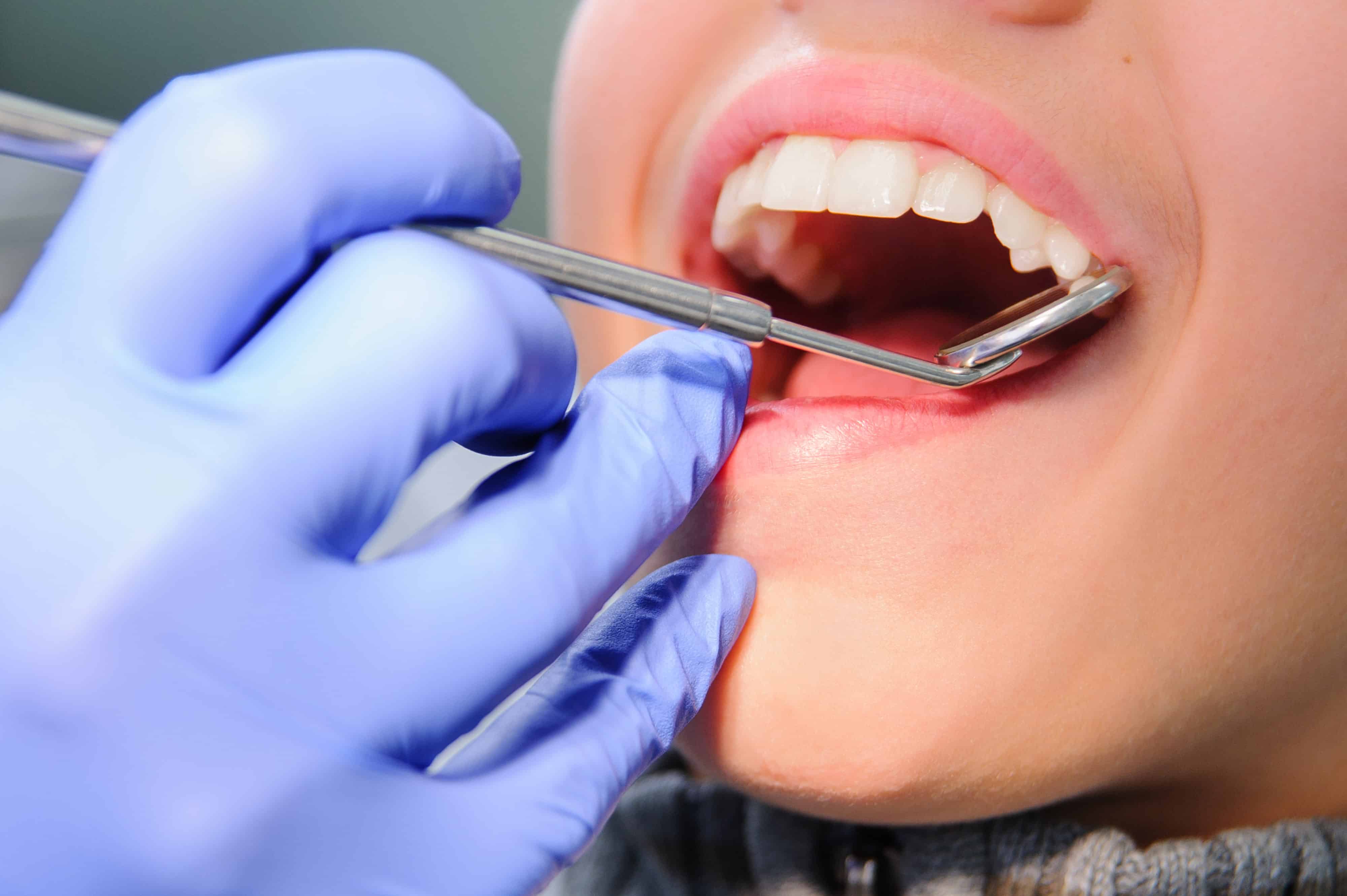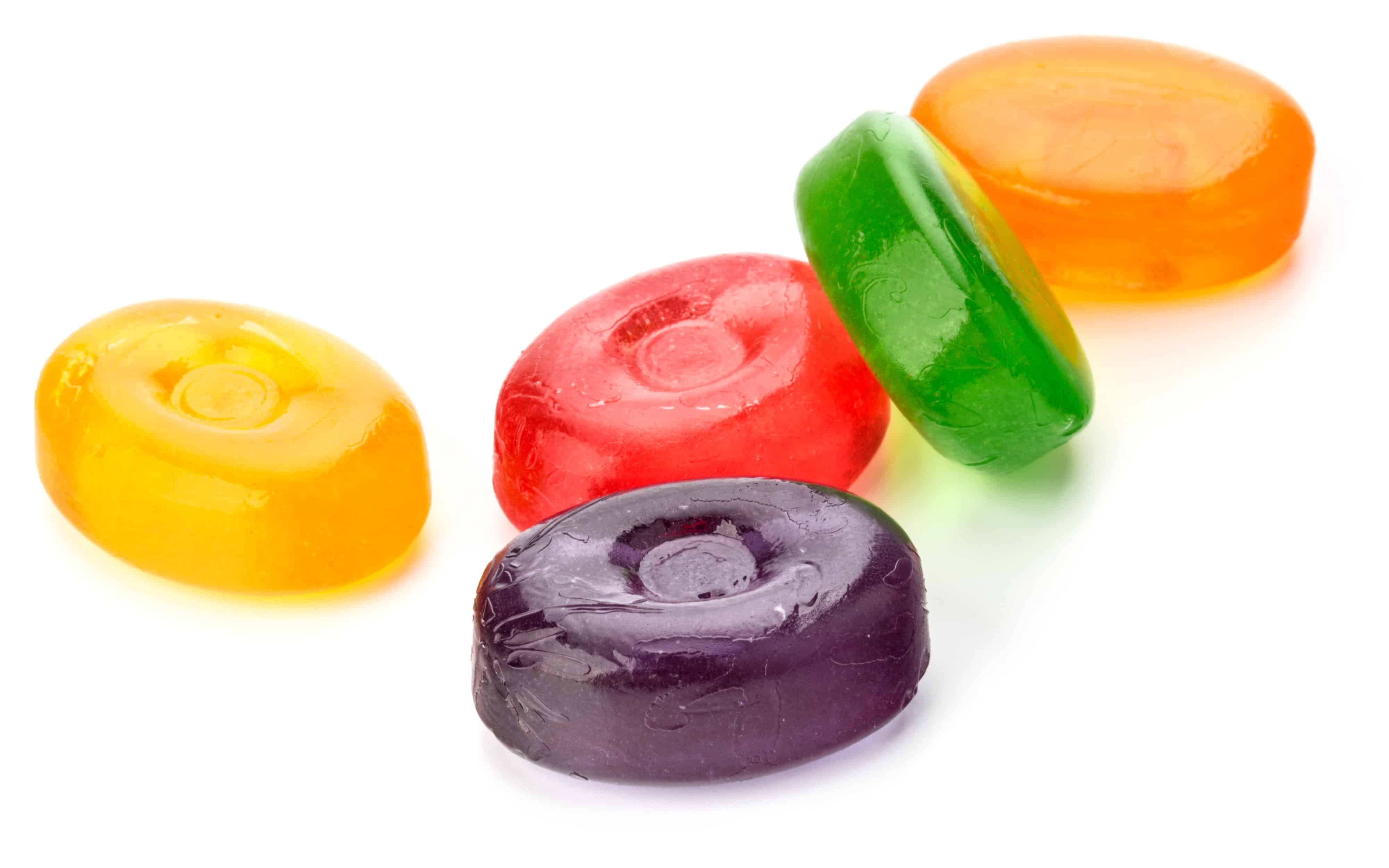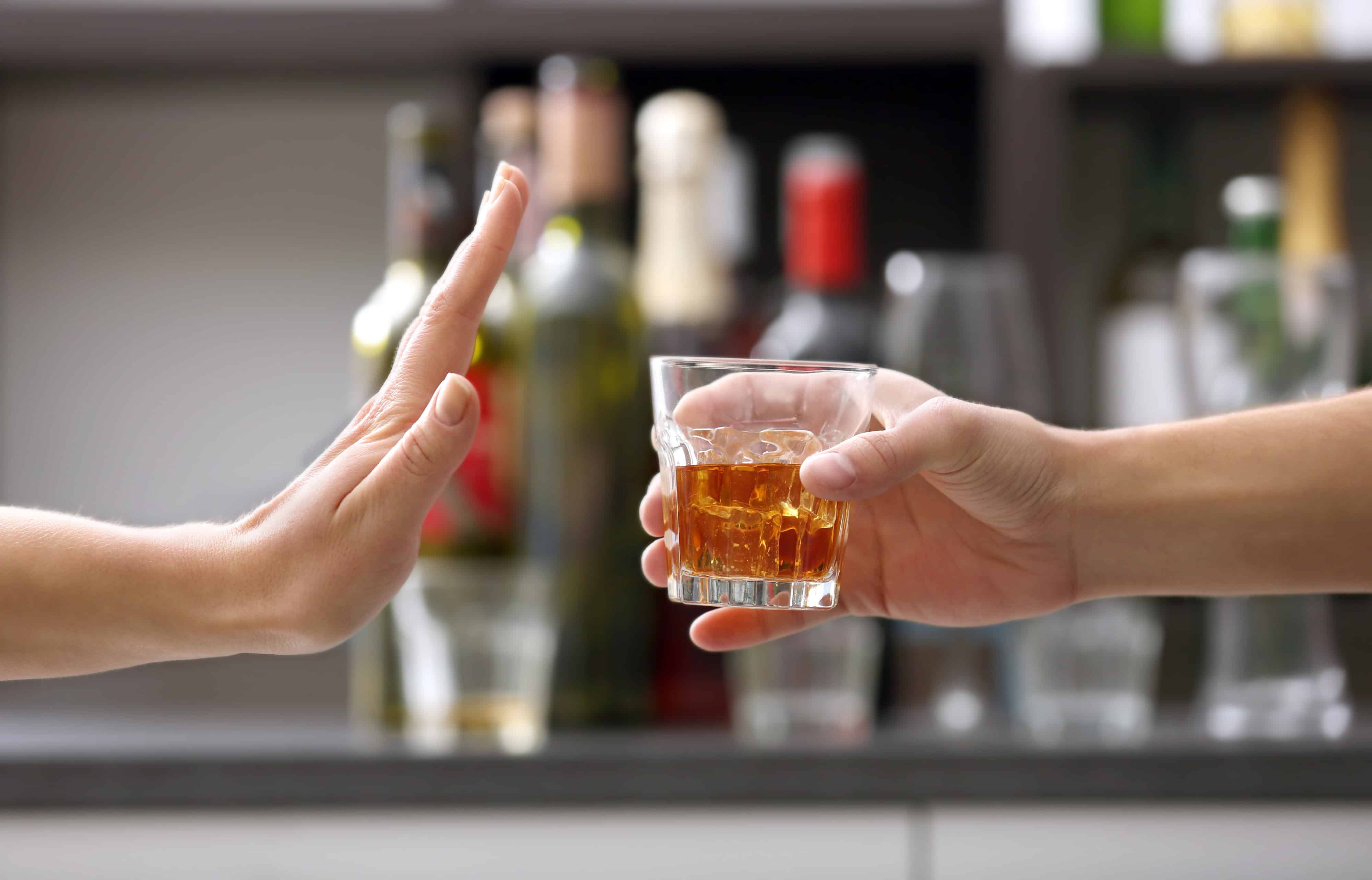The festive period is a chance for many to relax on their dietary choices, which is understandable but can also significantly impact dental health of the teeth and gums.
So how can you maintain good oral hygiene as well as enjoy the foods you love over the Christmas holidays? We asked our team of specialist Dental Hygienists to provide their top tips to help protect your teeth and gums.
General dental hygiene advice
Firstly, it is vital that you understand how to improve and maintain healthy teeth and gums regardless of the holiday period. Here are the top 3 questions our team get asked about dental health, with their answers.
Should I floss every day?

Tooth brushing alone is not able to remove all bacteria and food debris in your mouth, which is why additional tools such as interdental brushes, superfloss and regular floss are needed for optimum oral health. Our dental hygienist Chloe Warner explains:
“Cleaning in between your teeth once a day reduces plaque build-up and removes any food debris, reducing your risk of gingivitis and dental cavities.
Flossing in between your teeth once a day can improve your oral health and leave you with fresher breath.”
Discuss with your hygienist what interdental aids are best for your needs, at your next visit.
How often should I brush my teeth?

Brushing twice per day is vital in stopping a build-up of germs and plaque. We recommend brushing in the morning after breakfast, and in the evening after dinner. You should always use a fluoride toothpaste to do this.
How often should I get a dental check-up to maintain my dental health?

Visiting your dentist every 6 months will allow for a thorough check for problem areas such as cavities and gum disease. For some patients, a yearly appointment is enough, depending on the condition of their dental health, and lifestyle factors. Additionally, seeing a dental hygienist twice a year will ensure your teeth and gums are kept in the very best condition. Your teeth will have a professional clean and polish, and calculus can be removed where necessary. Book a dental hygiene appointment by clicking here.
How to look after your teeth during Christmas for the best oral hygiene.
Taking extra care with what you eat and drink, will help keep teeth and gums clean, and reduce chance of teeth staining or bad breath. As well as being mindful of what you are eating, you should also consider when you are eating sugary foods, to reduce acidity in the mouth. Here are some top tips from our team of hygienists:
Consume sugary food and drink at mealtimes
Sugar in our diet leads to a build-up of bacteria in the mouth, which in turn creates an acidic environment. This is what brings about tooth decay. To neutralise the acid, it is best to eat sugary foods and drinks at mealtimes, where there is more saliva to counteract the harmful effect of the acid. Higher levels of saliva also help to flush away particles of food from the teeth and around the gum line.
Lower your intake of hard or boiled sweets

There are two reasons you should be careful of this specific type of confectionary. Firstly, you risk chipping your teeth on the hard surface which can weaken them, and negatively the aesthetics. Secondly, if you choose to suck on these hard sweets, you significantly increase the time that sugar is present within the mouth, which further increases the chance of bacteria building up. To top it all off, if a tooth gets chipped, it is more likely that plaque will reach the nerve endings within it, which can cause pain and discomfort.
Have fewer sticky snacks
Sticky sugary foods easily stick to teeth and gums and are sometimes very difficult to remove. The sugar will feed the bacteria in the mouth which further increases risk of tooth decay.
Reduce sour sweets in your diet
When you have acidic saliva, it can eat away at your enamel and lead to tooth sensitivity, discolouration, bad breath, and tooth decay. Sour flavourings within these products contain high amounts of acid. As previously mentioned, an acidic mouth and saliva can lead to tooth sensitivity, discoloration, bad breath, and tooth decay, and eat away at your enamel.
Be conscious of alcohol consumption and tobacco use

There can be a greater risk of Oral Cancer when alcohol is drunk regularly, and this risk only increases with tobacco consumption. It is thought mouth carcinogens can permeate the mouth tissue more easily due to alcohol dehydrating the cell walls. It can also lead to gum disease which can result in tooth loss. Opting for alcohol free beverages is a good option, otherwise consider lessening your alcohol intake. To reduce staining of the teeth, try to stay clear of dark beverages such as red wine or whisky. If you would like to consider professional teeth whitening and stain removal, please visit our page here.
Moderate sugary drinks including fruit juice
Try not to drink these excessively as again, the sugar can generate mouth acid, which can erode the teeth. A good tip is to try drinking these beverages through a straw if you find it hard to reduce their intake.
